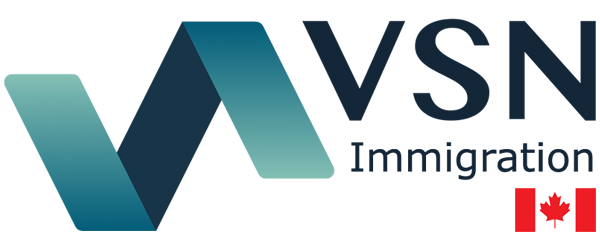Alberta lifted the Refusal to Process list
On May 1, 2022, the Government of Alberta removed all occupations on the ‘refusal to process’ list, prioritizing jobs for unemployed Albertans due to the pandemic and lifting restrictions on hiring new temporary foreign workers. This will support the province’s economy that experiences labour shortages and struggles to fill available positions with Canadian workers and increases the likelihood of selection and receipt of a Notification of Interest letter under the Alberta Express Entry Stream. However, Alberta Opportunity Stream eligibility has not been changed.
#Alberta, #AINP, #labour_shortage, #refusal_to_process_list
Newfoundland and Labrador launched a new portal for Ukrainian newcomers
On April 29, 2022, the Government of Newfoundland and Labrador launched an online service registration form to connect Ukrainians, arriving in the province with one another. This project has been created by the effort of the Ukrainian Family Support Desk. Displaced Ukrainians, who want to live and settle in Newfoundland and Labrador, or those planning to travel to the province or have recently arrived can register with the Office of Immigration and Multiculturalism and be aware of the government services and settlement supports from the Association for New Canadians.
#Newfoundland_and_Labrador, #Ukraine, #Ukrainian_newcomers, #Family_Support_Desk, #service_registration_form
Quebec faces massive delays in the processing of applications
Due to the huge number of applications submitted during the start of the COVID-19 pandemic, the francophone province of Quebec experienced massive delays in the processing of applications of foreign nationals hoping to work in the province. Foreign skilled workers living in the province who has already been pre-selected by Quebec have to wait an average of 31 months to acquire their permanent residency (PR). This is four months more when compared to the average 27 months of processing times in other Canadian provinces.
#Quebec, #PR, #Skilled_Workers, #processing_times
Candidates from India dominated in spouse and partner immigration in 2021
In recent years, newcomers from India have dominated Canada’s immigration numbers for spouses and partners, but that was not always the case. Immigration, Refugees and Citizenship Canada (IRCC) revealed that more spouses and partners from the Philippines were granted permanent residency in 2015 than Indians. Over the last several years, Indians have dominated the statistics, with 10,705 Indian spouses and partners becoming permanent residents in 2021 or 17% of the overall 64,340. Last year, candidates from the Philippines, the US, and China were among the most numerous group of spouse and partner permanent residents.
#India, #Spouses, #Spousal_sponsorship, #IRCC, #PR
